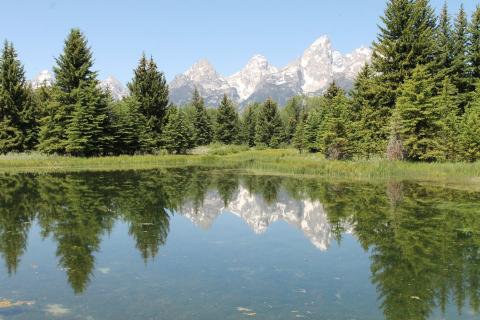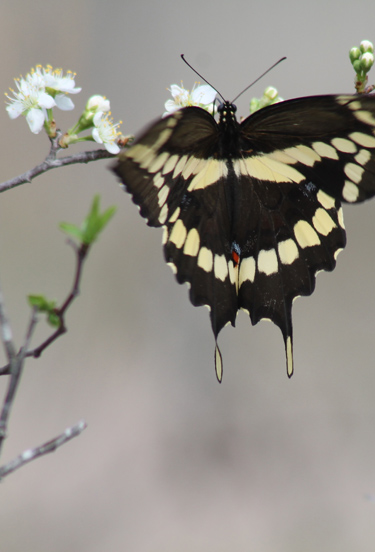Wilderness: What and Why?


A few years ago, I got my first introduction to backpacking in the Rocky Mountain Range of Colorado. The big sweeping views and lush landscape gave me a portrait of nature that I had never seen firsthand before. As a Texan, the Colorado beauty absolutely blew me away. Never before had I been in a land more simple and rudimentary, and so uncompromisingly wild. To this day, that week long trek through the mountains remains the image in my head as to what a wild landscape looks like.
Some people claim that wilderness is defined by our perception, which is shaped by our circumstance and experience. For example, one who has never experienced the Rocky Mountain Range in person but instead has spent most of their life confined to big cities with little exposure to wild nature might consider a stand of woodland trees or a small state park to be “wilderness”. According to this theory, wilderness, like beauty, is in the eye of the beholder.
Although these different perspectives of nature are valuable, true wilderness is not based on individual perception. Instead, it is a distinct and definable entity, which can be viewed on two complimentary levels.
First, from a legal standpoint, the Wilderness Act of 1964 defines a wilderness area as a “wild chunk of public land without civilized trappings that is administered to remain wild.” The law also restricts the construction of roads and the extraction of resources such as logging or mining.
In addition to a legal entity, we have a closely related cultural view of wilderness. This is what you see in your head when someone says the word “wilderness”. Generally, people see wilderness as this wild country that is big, undeveloped, and unbridled. In summary, an area where man’s influence is no match for nature.
Wilderness is where the complexity of nature rules and unpredictability runs rampant.
The unpredictability of wilderness brings countless wonders and challenges that more and more humans are beginning to crave in today’s increasingly controlled and confined world. We have plastic playgrounds and manicured fields within cities but out in wilderness, our rules and influence do not matter.
Wilderness is not perfect. Neither the Wilderness Act nor our general cultural perception of wilderness require that wilderness landscapes be pristine. By definition, untrammeled wilderness also comes with fire and insects, predator and prey, and the dynamic unpredictability that throws the human preference for convenience, safety, and comfort to the side*.
Wilderness Strengthens Us
Wilderness is rudimentary and fundamental in ways that we’ve mostly lost as a culture. This loss, by the way, weakens us. By going back into the wild, we are reconnected with biological senses that our body forgot we had. With our societal seat belt undone, we are forced to make very real decisions, and that responsibility strengthens us.
Why else is wilderness important?
One of the most important things for me is that wilderness is an acknowledgement that nonhuman life forms and the landscapes that support them have intrinsic value. I cannot prove to you that wilderness has intrinsic value, but then again I also can’t prove the intrinsic value of Grandma.
I want to end this piece with a call to action, so I am asking that everyone reading this takes a day trip to an area where humans have little influence. Don’t get caught up thinking about work, Pokémon Go, or that TV show you’re binge watching, just acknowledge and respect the land you are in. This act won’t change the world, but it just might change you a little bit.
Find places to get outdoors near and far at NatureRocksTexas.org
*Keeping The Wild: Against the Domestication of Earth; Howie Wolke







